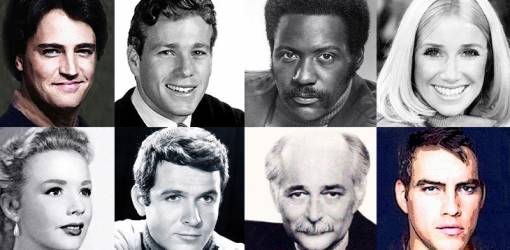
Mother's Day Love & Animal Moms
Happy Mother's Day to all of the Moms, Grandmothers, and motherly types here on earth that make our lives so…
Read MoreOur website is made possible by displaying online advertisements to our visitors.
Please consider supporting us by disabling your ad blocker.
New & nostalgia features
for and about
people age 50+

Gone But Not Forgotten in 2023
We’ve said goodbye to many famous faces, voices & names from radio, movies, television, sports, history, arts and literature so…
Read More
A Visit to America's Birthplace: Jamestown, Virginia
Since this writer's name is John Smith, I've often considered visiting Jamestown, Virginia, the birthplace of America. A previous John…
Read MoreOur website is made possible by displaying online advertisements to our visitors.
Please consider supporting us by disabling your ad blocker.
Our website is made possible by displaying online advertisements to our visitors.
Please consider supporting us by disabling your ad blocker.
Our website is made possible by displaying online advertisements to our visitors.
Please consider supporting us by disabling your ad blocker.





























